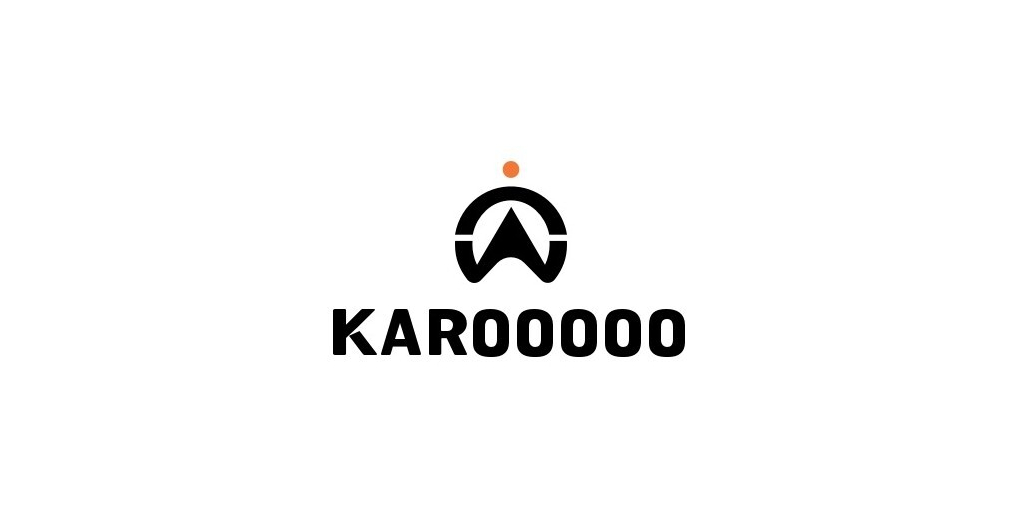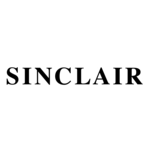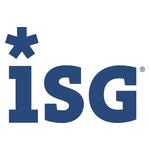Mission Success for Rocket Lab’s Latest Suborbital Hypersonic Launch
+ Rocket Lab Media Contact
Murielle Baker
media@rocketlabusa.com
Rocket Lab USA, Inc. (Nasdaq: RKLB) (“Rocket Lab” or “the Company”), a global leader in launch services and space systems, today announced it successfully launched a suborbital mission in November to test hypersonic technology for the Department of Defense.
This mission provided hypersonic test launch capabilities under the Multi-Service Advanced Capability Hypersonics Test Bed (MACH-TB) project, which aims to increase hypersonic flight testing for the United States in support of technology maturation. The project was awarded by Naval Surface Warfare Center (NSWC) Crane through the Strategic and Spectrum Missions Advanced Resilient Trusted Systems (S2MARTS) Other Transaction Authority (OTA) vehicle on behalf of the U.S. Department of Defense Test Resource Management Center (TRMC).
George Rumford, Director of the TRMC, states: “Leveraging commercial launch services allows our Nation to affordably test components early and frequently, accelerating hypersonic development.”
Rocket Lab’s test platform showcased a new suite of cutting-edge technologies optimized for hypersonic technology tests with vastly increased payloads. Rocket Lab also designed, manufactured, assembled, and integrated the experimental hypersonic instrumentation which was launched on this mission, but on a highly accelerated timeline.
Rocket Lab’s Vice President Global Launch Services, Brian Rogers, says: “Hypersonic technology testing is a critical need for the nation and one that we’re proud to be serving with our test launches. Again, we broke new ground with this launch, and our ability to deliver successful tests demonstrates our commitment to working with our government and industry partners in pushing the boundaries of hypersonic innovation.”
Rocket Lab has been launching missions to space for commercial and government customers since 2017, with more than 200 payloads deployed from its United States and New Zealand launch sites.
+ About Rocket Lab
Founded in 2006, Rocket Lab is an end-to-end space company with an established track record of mission success. We deliver reliable launch services, satellite manufacture, spacecraft components, and on-orbit management solutions that make it faster, easier, and more affordable to access space. Headquartered in Long Beach, California, Rocket Lab designs and manufactures the Electron small orbital launch vehicle, the HASTE suborbital launch vehicle for hypersonic tests, a family of flight proven spacecraft, and the larger Neutron launch vehicle for constellation deployment. Since its first orbital launch in January 2018, Rocket Lab’s Electron launch vehicle has become the second most frequently launched U.S. rocket annually. Rocket Lab has deployed 190+ payloads from its launch sites in the United States and New Zealand for private and public sector organizations, enabling operations in national security, scientific research, space debris mitigation, Earth observation, climate monitoring, and communications. Rocket Lab’s family of spacecraft have been selected to support NASA missions to the Moon and Mars, as well as the first private commercial mission to Venus. Rocket Lab has three launch pads at two launch sites, including two launch pads at a private orbital launch site located in New Zealand and a third launch pad in Virginia. To learn more, visit www.rocketlabusa.com.
+ Forward Looking Statements
This press release contains forward-looking statements within the meaning of the Private Securities Litigation Reform Act of 1995. We intend such forward-looking statements to be covered by the safe harbor provisions for forward looking statements contained in Section 27A of the Securities Act of 1933, as amended (the “Securities Act”) and Section 21E of the Securities Exchange Act of 1934, as amended (the “Exchange Act”). All statements contained in this press release other than statements of historical fact, including, without limitation, statements regarding our launch and space systems operations, launch schedule and window, safe and repeatable access to space, Neutron development, operational expansion and business strategy are forward-looking statements. The words “believe,” “may,” “will,” “estimate,” “potential,” “continue,” “anticipate,” “intend,” “expect,” “strategy,” “future,” “could,” “would,” “project,” “plan,” “target,” and similar expressions are intended to identify forward-looking statements, though not all forward-looking statements use these words or expressions. These statements are neither promises nor guarantees, but involve known and unknown risks, uncertainties and other important factors that may cause our actual results, performance or achievements to be materially different from any future results, performance or achievements expressed or implied by the forward-looking statements, including but not limited to the factors, risks and uncertainties included in our Annual Report on Form 10-K for the fiscal year ended December 31, 2023, as such factors may be updated from time to time in our other filings with the Securities and Exchange Commission (the “SEC”), accessible on the SEC’s website at www.sec.gov and the Investor Relations section of our website at www.rocketlabusa.com, which could cause our actual results to differ materially from those indicated by the forward-looking statements made in this press release. Any such forward-looking statements represent management’s estimates as of the date of this press release. While we may elect to update such forward-looking statements at some point in the future, we disclaim any obligation to do so, even if subsequent events cause our views to change.
View source version on businesswire.com: https://www.businesswire.com/news/home/20241209015528/en/
 Business wire
Business wire 











Add Comment